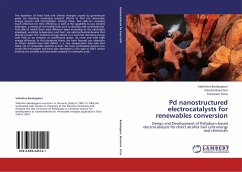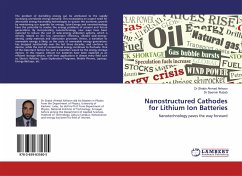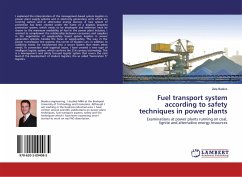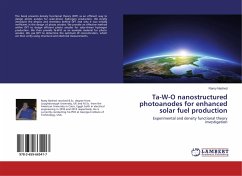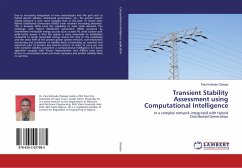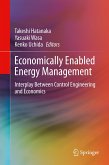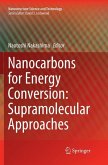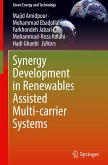The depletion of fossil fuels and climate changes caused by greenhouse gases are boosting increasing research efforts to find out alternative energy sources and technologies. Among these, fuel cells are receiving much attention for their efficiency as well as the capability to use, besides hydrogen, a variety of renewable fuels such as alcohols and carbohydrates. Fuel cells of which there exist different types according to the electrolyte employed, working temperature and fuel , are electrochemical devices that directly convert the chemical energy stored in a fuel into electrical energy with little or no emission of greenhouse gases, no noise and with high energy efficiency. In this doctorate thesis, we have focused our attention on Direct Alcohol Fuel Cells (DAFC), i. e. low temperature fuel cells that make use of renewable alcohols as fuel. We have synthesized several new anode electrocatalysts and have also developed a new type of DAFC where alcohols are partially and selectively oxidized to carboxylic acids.
Bitte wählen Sie Ihr Anliegen aus.
Rechnungen
Retourenschein anfordern
Bestellstatus
Storno

